11 Essential Tips for Starting Your Antique Collection on a Budget
Collecting antiques can be an exciting and rewarding hobby, especially when you know how to do it without breaking the bank. The key is to start small and build your collection gradually. Keep reading to find helpful tips on how to begin your antique collection on a budget. By staying informed and strategic, you can find valuable pieces that fit your financial plan. Check out the following tips to help you get started on the right foot.
This post may contain affiliate links, which helps keep this content free. Please read our disclosure for more info.
Start with a Clear Focus
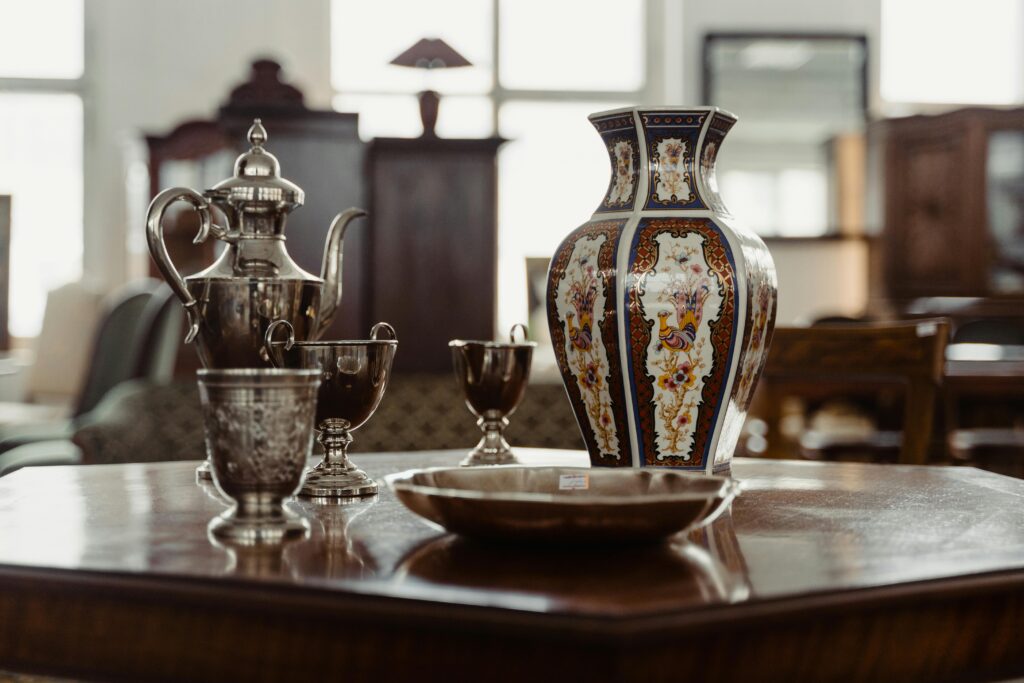
When starting your antique collection, it is important to have a clear idea of what you want to collect. Narrowing down your focus will help you avoid unnecessary purchases and save money in the long run. For example, you may want to focus on a specific time period, style, or type of item like silverware or pottery. By being specific, you can easily find pieces that fit your interests without spending too much.
Having a clear focus will also help you learn more about your chosen area of interest. As you begin to research and buy, you will gain knowledge that will guide your future purchases. This focused approach will also make it easier to spot good deals and avoid overpaying for pieces. You can gradually expand your collection over time as you gain more experience.
Set a Realistic Budget

Establishing a budget before you begin collecting will help keep you on track and prevent overspending. It is important to decide how much you are willing to spend on each item and how much you are comfortable spending over time. Remember that building a collection is a long-term project, and you do not need to buy everything all at once. Start small, and gradually increase your budget as you learn more about your collection.
Having a realistic budget will also help you avoid getting carried away in the excitement of antique hunting. Antiques can be expensive, but with a set budget, you can focus on finding pieces that offer the best value for your money. Tracking your expenses will ensure that you stay within your limits while still building a meaningful collection. A disciplined approach will make collecting much more enjoyable.
Shop at Estate Sales and Flea Markets
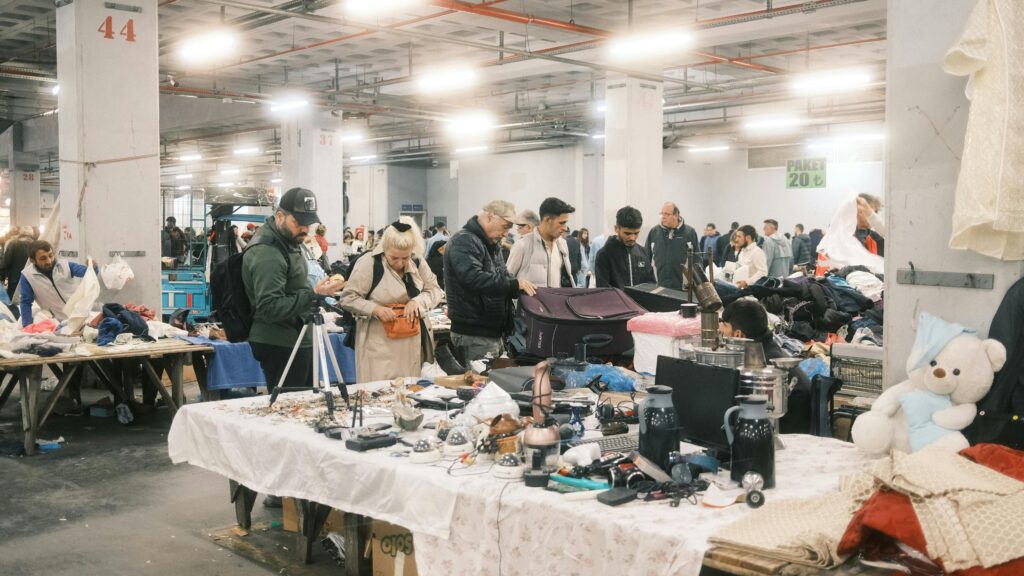
Estate sales and flea markets are great places to find antiques at lower prices than traditional antique stores. These events often offer unique items that are not available elsewhere, making them excellent for finding hidden treasures. Look for sales in your local area, and take your time to browse through different items. While there, be prepared to negotiate with sellers to secure the best price.
One of the benefits of shopping at estate sales and flea markets is the ability to inspect items up close. You can feel the quality of the piece and check for any damage before making a purchase. These venues also allow you to haggle, which is often not possible at more formal antique stores. Shopping at these events will help you build your collection without spending a lot of money.
Research Before Buying

Before purchasing any antique, it is essential to do your research. Learn about the piece’s history, maker, and market value to ensure you are paying a fair price. Use online resources, books, or ask experts to help you identify genuine items. Being well-informed will prevent you from making costly mistakes and help you recognize a good deal when you see one.
Understanding what makes a piece valuable will help you avoid overpriced items. Research will also give you the knowledge to spot fake antiques, which are common in the market. The more you know about the items you are collecting, the easier it will be to make confident and informed purchases. This research will pay off in the long run as you build a high-quality collection.
Buy Smaller, Affordable Items First
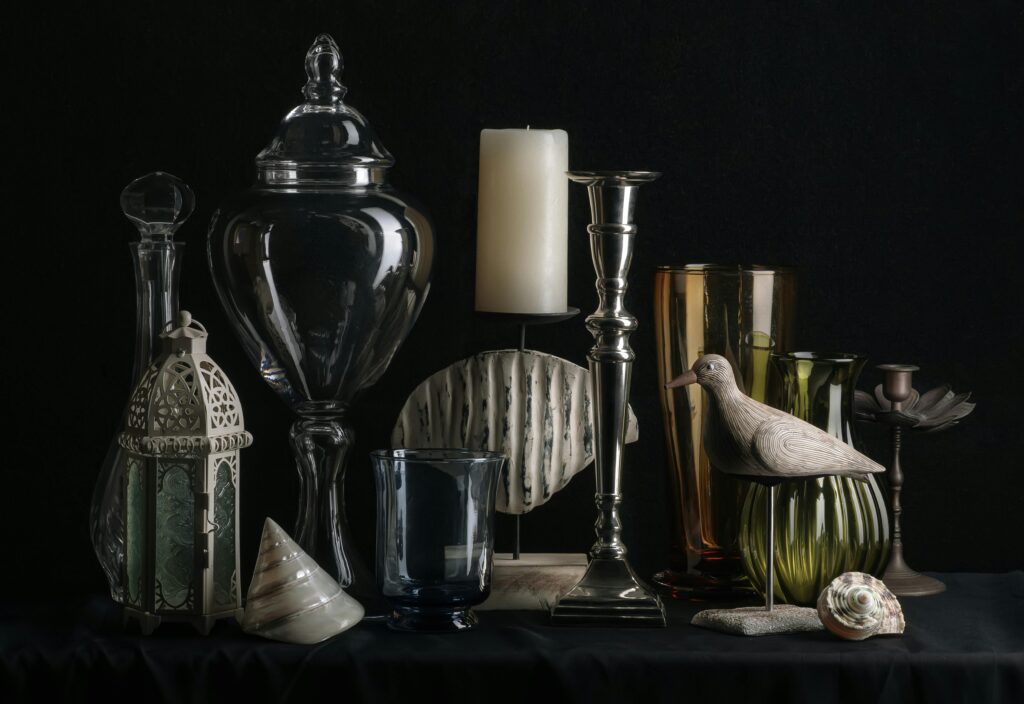
When starting your collection, it is a good idea to focus on smaller, more affordable items. Instead of trying to buy larger or more expensive pieces, start with smaller antiques like coins, vintage jewelry, or decorative items. These items can still have significant value, and they allow you to grow your collection without a large investment. As you gain more experience, you can start to move toward larger, more expensive pieces.
Smaller items also give you the flexibility to experiment with your collection. You can explore different styles and periods without committing a lot of money upfront. This strategy allows you to learn more about what you like and what is worth collecting. Over time, you will gain the confidence to make larger purchases, knowing exactly what you are looking for.
Inspect Items for Damage
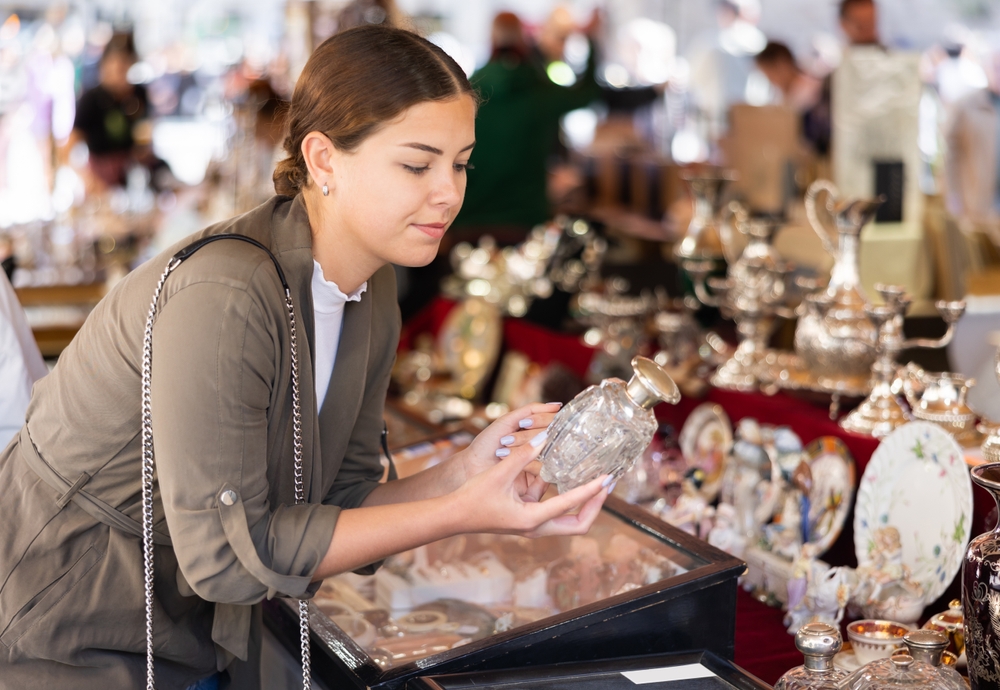
Before buying any antique, it is important to carefully inspect it for any damage. Small imperfections may be common, but larger damage such as cracks, chips, or missing pieces can affect the value. Always check for any signs of wear that may decrease the item’s worth. If the price is too high for the condition, it is better to pass on the piece.
Taking the time to inspect each item will ensure that you do not overpay for something that is in poor condition. Pay attention to how well the item is preserved and whether any repairs are needed. If you find something with minor damage, consider negotiating the price to reflect the condition of the piece. This careful inspection will help you get the best value for your money.
Attend Antique Auctions

Antique auctions can be an exciting way to find unique pieces at competitive prices. Many auctions offer a variety of items, from furniture to artwork, which can be purchased at a fraction of the retail price. Before attending an auction, make sure to familiarize yourself with the auction process and set a budget. Auctions allow you to bid on items and potentially win them for a great price.
Be mindful of the auction fees, which can sometimes add up, increasing the final price of the item. It is also important to bid only on items you are sure about, as it can be easy to get caught up in the excitement. Attending auctions regularly will help you gain experience and insight into the pricing of antiques. It is a good way to add rare and valuable pieces to your collection.
Focus on Local Sellers
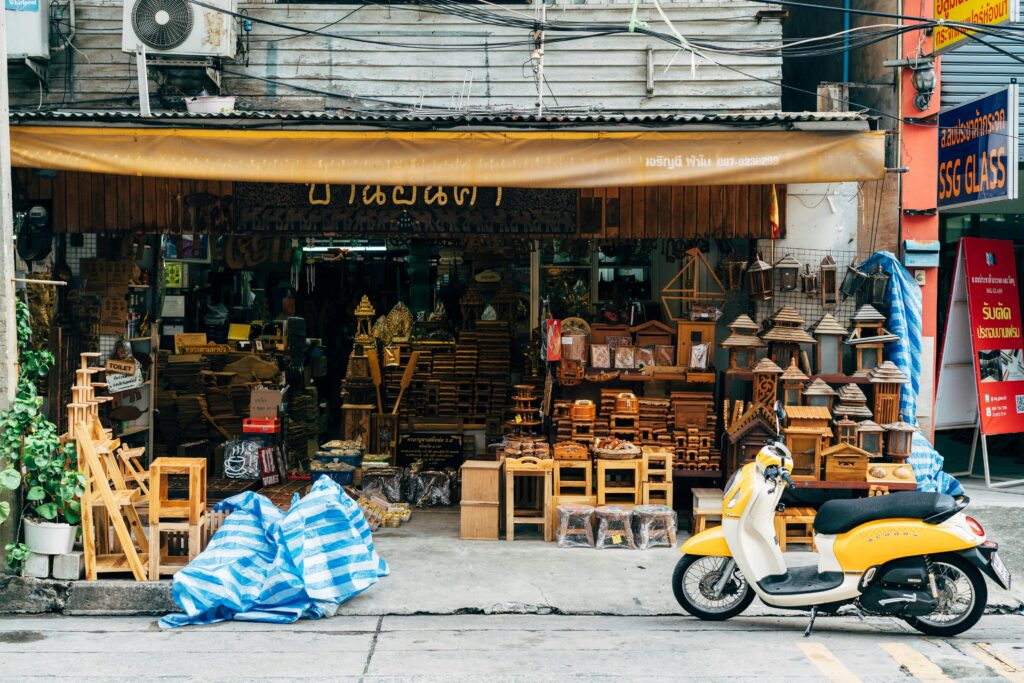
Shopping from local sellers is an excellent way to find antiques at lower prices and avoid additional shipping costs. Local sellers often have a better understanding of the local market and may be more willing to offer discounts. Additionally, you can inspect the items in person before making a purchase, ensuring their condition and quality. Check out local antique stores, markets, and online platforms focused on your region.
Supporting local businesses and collectors can also give you a chance to find unique items that are not readily available elsewhere. By building relationships with local sellers, you may gain access to special deals or early access to new inventory. This approach allows you to gradually build your collection while staying within your budget. Plus, it is always nice to support your local antique community.
Buy from Reputable Dealers
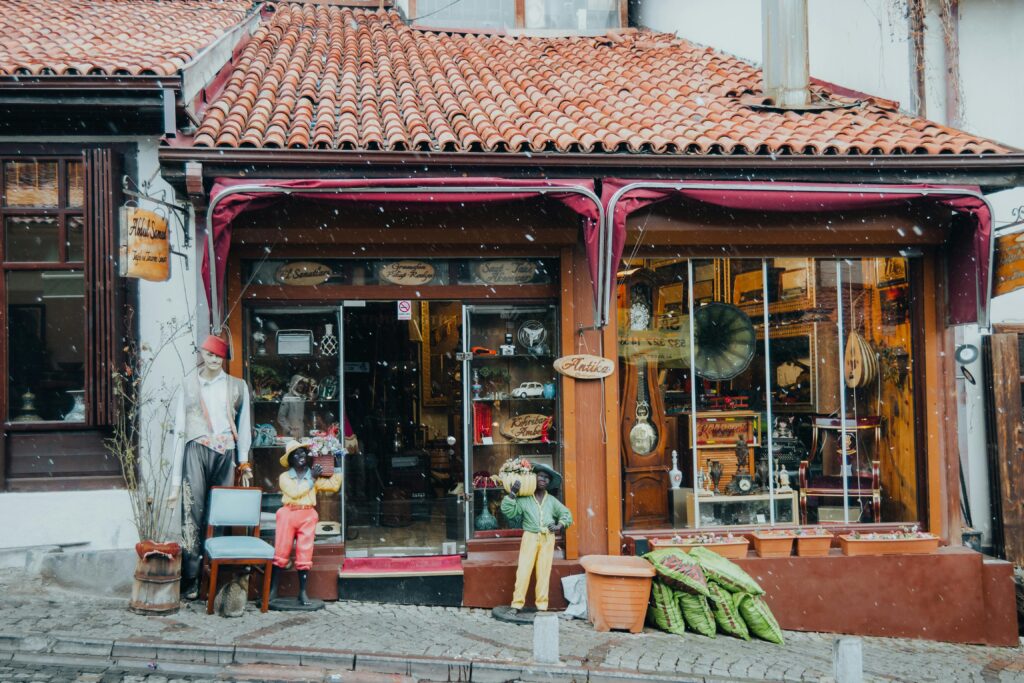
Purchasing from reputable dealers can be a safe and reliable way to add valuable antiques to your collection. Reputable dealers often provide certificates of authenticity or provenance, ensuring that the item is genuine. While these items may cost more upfront, buying from trusted sources reduces the risk of buying fake or overpriced items. Make sure to ask for any documentation that verifies the item’s age and origin.
Reputable dealers are often experts in their field and can offer valuable insights about the items they sell. They can guide you toward items that are not only valuable but also fit your collection’s theme or style. By working with a trusted dealer, you can ensure that your collection is filled with high-quality, authentic antiques. It is a smart way to invest in your hobby without worrying about authenticity.
Look for Estate Sales
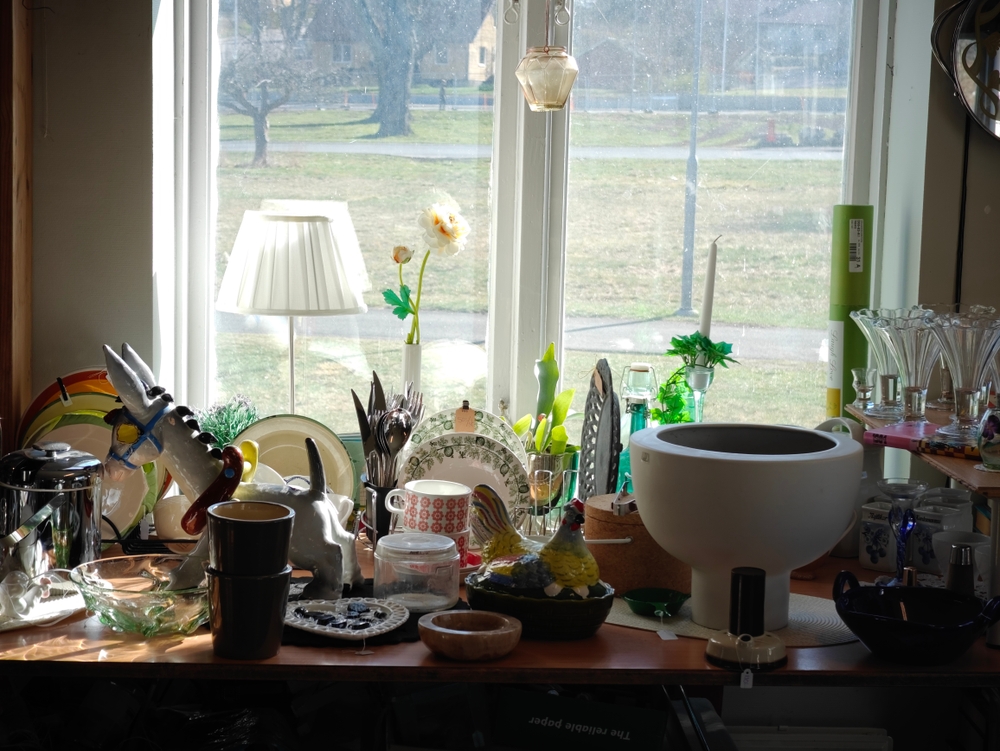
Estate sales are an excellent way to find antiques at lower prices, as the items are typically sold to settle an estate. These sales often offer a wide range of items, from furniture to collectibles, at reasonable prices. Check local listings for estate sales in your area and attend them regularly to find new opportunities. Estate sales are an excellent place to discover items that might not be available in traditional antique shops.
The benefit of attending estate sales is that you can often negotiate prices, especially if the sale is near its end. Many times, the items sold at these sales are in good condition and come from families who have kept them for years. Estate sales are also a great way to find vintage or antique items with personal histories attached to them. Be sure to arrive early to get the best selection of items.
Be Patient and Wait for the Right Opportunity
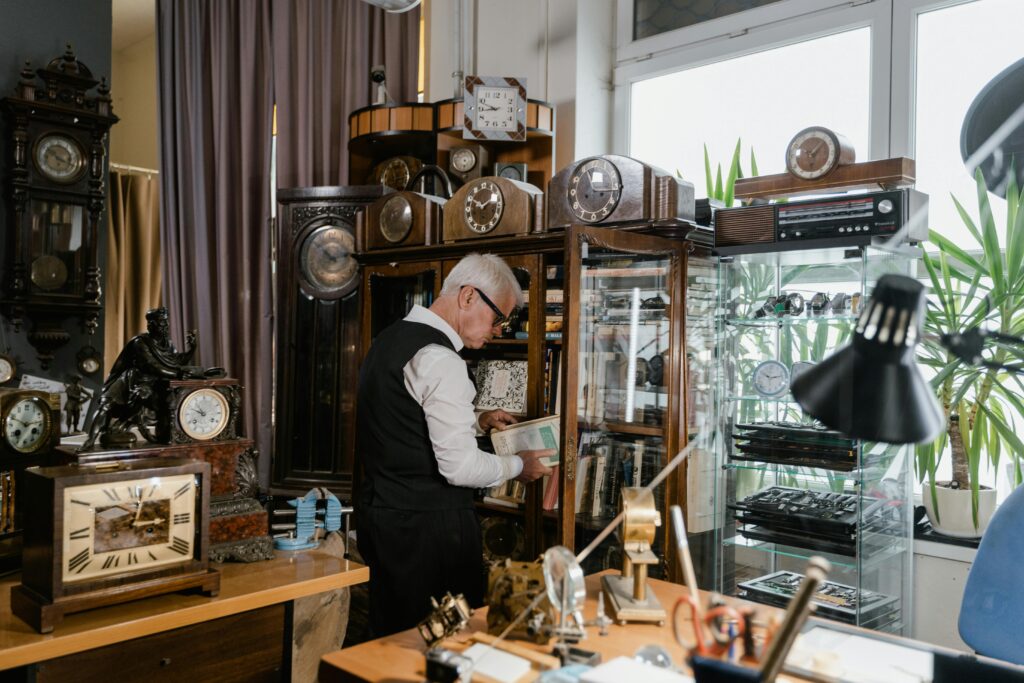
Building an antique collection on a budget requires patience and careful consideration. Do not feel pressured to buy items immediately; take your time and wait for the right pieces to come along. Antiques can be expensive, but by waiting for the right opportunity, you can find quality items at a lower price. Patience is key when building a collection, as this approach will help you find items that are worth the investment.
While it can be tempting to buy something on the spot, waiting for the right deal will save you money in the long run. Over time, you will become more knowledgeable and discerning, helping you make smarter decisions. Keep an eye out for sales, auctions, and deals that fit your budget. By being patient, you will be able to grow your collection without overspending.
Building an antique collection on a budget is a journey that requires patience and knowledge. Remember, antique collecting is not about rushing but enjoying the process of finding unique, valuable pieces. With careful effort, you can enjoy the rewarding experience of growing a collection over time.
This article originally appeared on Avocadu.
